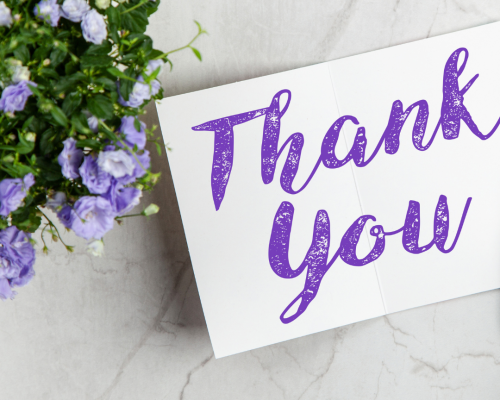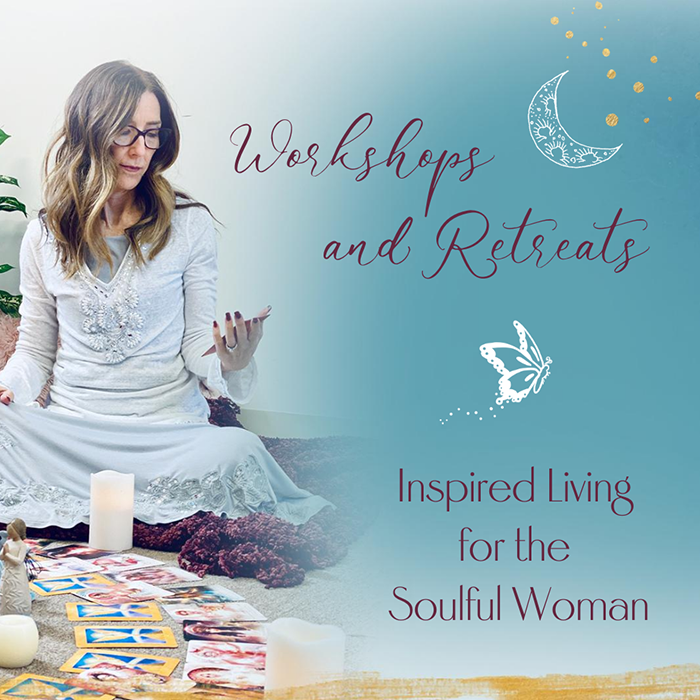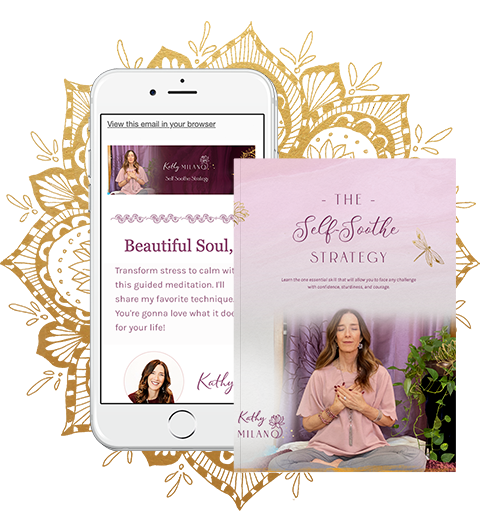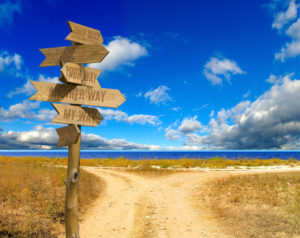I received a thank you note from a young woman as her assignment for a college psychology class.
This unexpected delight had a bonus: it was delivered in person and read aloud to me. The shared sentiment was beautiful and felt lovely to receive, yet the best was yet to come.
In the midst of reading through tears and smiles, she stopped to exclaim “I am just so proud of myself!”
We both overflowed with happiness in that moment. It was thrilling to witness her realization that she was the one who had orchestrated her own transformation. Happy dance. Hug. Tissues.
This made me write a global thank you note to all psychology teachers.
“Thank you for teaching the students the positive benefits of gratitude via writing thank you notes. I’ve received a few of these in my life and they meant the world to me. I’ve felt such appreciation for the writer, been inspired by their courage and kindness, and was motivated to continue helping others. This real life teaching tool worked both ways and led me to realize the importance of sending my own thank you notes.”
I remember writing thank you notes as a child after every birthday, Christmas, and special occasion.
Truth be told, I did them because I was required to by my parents. It was a struggle to fill those small notes with the right words that somehow conveyed my gratitude without sounding scripted. I truly felt the appreciation for people’s kindness, yet it was an awkward task as a child and teen to translate my feeling into the written word.
As an adult who has grown into the comfort of expressing gratitude with words, it is now a pleasure to write, type, text, or voice my appreciation. I do it often.
“Dear Mom and Dad, thanks so much for holding me responsible for sending thank you notes for every darn gift I ever received. I didn’t know it at the time, but that practice created a beautiful mindset and lifetime habit of translating my feelings of gratitude into action. I never thought of the impact a thank you note had on another person when I was a kid. I get it now.”
Research in positive psychology, brain science, and mindbody medicine have demonstrated that practicing gratitude has the potential to lead to greater happiness and health.
Cultivating gratitude as a mindset may increase levels of self-esteem, optimism, and empathy, as well as bolster your immune system, decrease stress, and improve sleep. As expected, feeling gratitude and taking the action to express your appreciation has the potential to improve relationships.
When you take the action, such as writing a thank you note, you are bringing the inner feeling of gratitude into form.




















